Weightlifting is a popular form of exercise that has many health benefits, including increased strength, improved bone density, and a reduced risk of chronic disease. However, there are several myths surrounding weightlifting that can discourage people from trying it or cause them to use incorrect techniques. In this article, we will explore 4 of the most common myths about weightlifting and help dispel these myths so you can feel more comfortable to start your weightlifting journey or whenever you hear these myths in discussions you can be better equipped to tackle those conversations.

Myth: Weightlifting makes women bulky
From a biological perspective, women do not have enough testosterone and the overall hormone profile to build large, bulky muscles like men. The myth that weightlifting makes women bulky likely originated from a misunderstanding of how muscle growth works and a lack of knowledge about the different factors that contribute to muscle hypertrophy (muscle growth).
In the past, weightlifting and strength training were often associated with male athletes and bodybuilders. The idea that lifting weights would make women bulky was perpetuated by media images of heavily muscled female bodybuilders, majority of which were on performance enhancing drugs, as well as by outdated gender stereotypes that linked muscularity with masculinity.
Another factor that contributed to the myth is the belief that women should focus on cardio and other forms of "feminine" exercises instead of strength training. This idea has been debunked by research showing that strength training can be just as effective as cardio for weight loss, muscle gain, and overall health.
It is worth noting that some women may choose to train specifically for muscle hypertrophy, which can result in a more muscular physique. However, this is a personal choice and not a necessary outcome of weightlifting, building enough muscle to reach the level it can be considered ‘bulky’ takes years of intense and specific training to develop that appearance. For most women, weightlifting can be a great way to improve strength, overall health, and body shape without fear of becoming bulky.
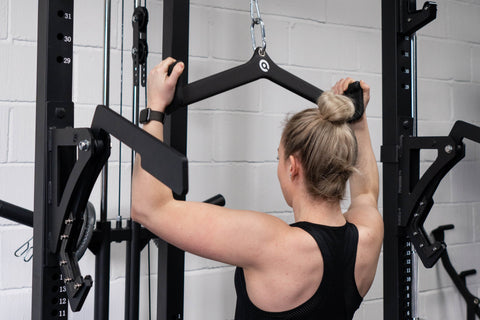
Myth: Weightlifting is dangerous and leads to injuries
In the past, weightlifting was often associated with extreme and dangerous training practices, such as using improper form, lifting weights that were too heavy, and ignoring pain or injury. This led to an increased risk of injury and other health problems. Another factor that contributed to the myth is the fear that weightlifting can cause heart problems or high blood pressure.
However, research has shown that weightlifting can have positive effects on cardiovascular health, including improving blood pressure and reducing the risk of heart disease. Another thing to note, usage of performance enhancing drugs like steroids can increase risk of high blood pressure and cardiovascular complications. Steroid use can also make users more injury prone, since it accelerates muscle growth, but tendons, ligaments and joints do not strengthen at the same rate, which can cause users to overload them, leading to tears/injuries at a much higher frequency in comparison natural lifters.
Additionally, there is a misconception that weightlifting is only for bodybuilders or elite athletes, and that it is not a suitable form of exercise for the average person. This belief is incorrect, as weightlifting can be tailored to individual fitness levels and goals and can be a safe and effective way to improve overall health and fitness.
It is important to note that weightlifting, like any other form of exercise, does carry some risk of injury if not done properly. However, with proper training and guidance from a qualified professional, weightlifting can be a safe and effective way to improve strength, flexibility, and overall health.
Myth: You must lift heavy weights to build muscle
While lifting heavy weights can be beneficial for building strength, it is not necessary to lift heavy to see results. Using lighter weights and higher repetitions can also be effective for building muscle and improving fitness. The myth that you need to lift heavy weights to get results likely comes from a misunderstanding of how strength training works and a focus on the idea that lifting heavy weights is the only way to build muscle and strength.
While it is true that lifting heavy weights can be an effective way to increase strength and build muscle mass, it is not the only way to achieve these goals. In fact, there are many different approaches to strength training that can be effective, including using lighter weights and focusing on higher repetitions or incorporating bodyweight exercises.
It is worth noting that the weight lifted should be appropriate to an individual's strength level and lifting too heavy without proper form and technique can increase the risk of injury. Focusing on proper form, technique, and progressive overload (gradually increasing the weight lifted over time) can be effective for building strength and muscle, regardless of the specific weight used.
In summary, lifting heavy weights can be an effective way to build strength and muscle mass, but it is not the only way to achieve results. There are many different approaches to strength training, and the weight lifted should be appropriate to an individual's strength level and goals.
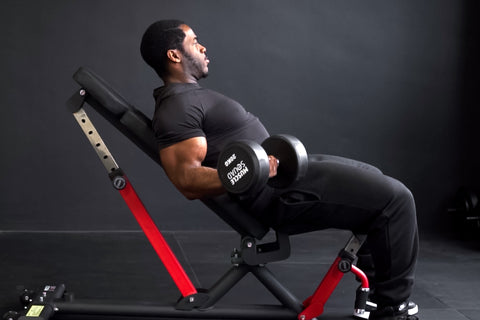
Myth: Weightlifting stunts growth in young people/teenagers
There is no evidence to support the claim that weightlifting stunts growth in young people. In fact, weightlifting can be beneficial for young people, helping to improve bone density and overall fitness. However, it is important to use proper form and technique and to not lift too heavy weights before the body is fully developed.
The myth that weightlifting stunts young people's growth likely comes from a misunderstanding of how weightlifting affects the body during growth and development. In the past, it was believed that weightlifting and other forms of resistance training could damage the growth plates in young people's bones, which are responsible for bone growth and development. This led to the belief that weightlifting could stunt young people's growth and lead to a shorter adult height.
However, this belief is not supported by scientific evidence. Research has shown that weightlifting and other forms of resistance training can be safe and effective for young people when done with proper form and technique and under the guidance of a qualified professional.
In fact, weightlifting and resistance training can have many benefits for young people, including improving bone density, muscle strength, and overall fitness. These benefits can have long-term effects on health and wellness throughout adulthood. Weightlifting and physical training has been shown to increase growth hormone production and have other positive impacts on one’s physical development into adulthood.
It is important to note that young people should be supervised by a qualified professional and should not lift excessively heavy weights or perform exercises with improper form or technique. However, when done safely and appropriately, weightlifting and resistance training can be a safe and effective way to support growth and development in young people.
Summary
In conclusion, weightlifting is a great way to improve your overall health and fitness, but there are many myths and misconceptions surrounding this form of exercise. It is important to educate yourself on the facts and dispel any false information to ensure you get the most out of your workouts. This applies to any topic you may come across, if you ever feel something is untrue do not be afraid to ask questions and do your own research. If you come across something that contradicts your established belief, give it a second look, and check behind the veil to see if there is some truth to this contradictory idea. The path to growth involves constant self-review, adaptation and the willingness to challenge your own ideas and beliefs.

 Mar 10, 2023 - JY Sharif
Mar 10, 2023 - JY Sharif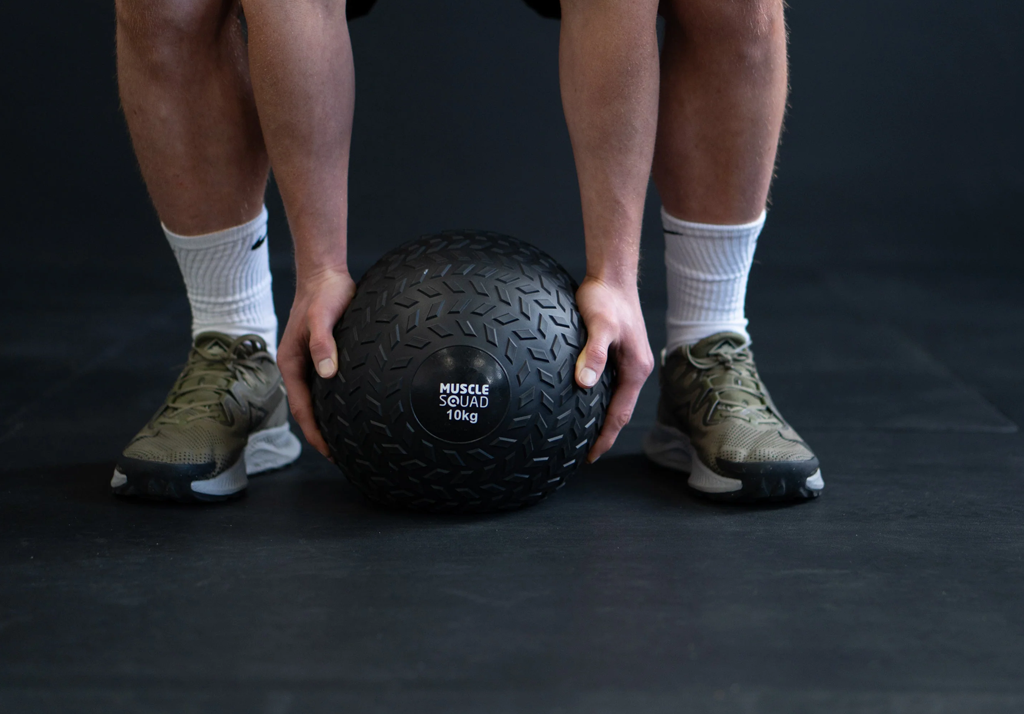
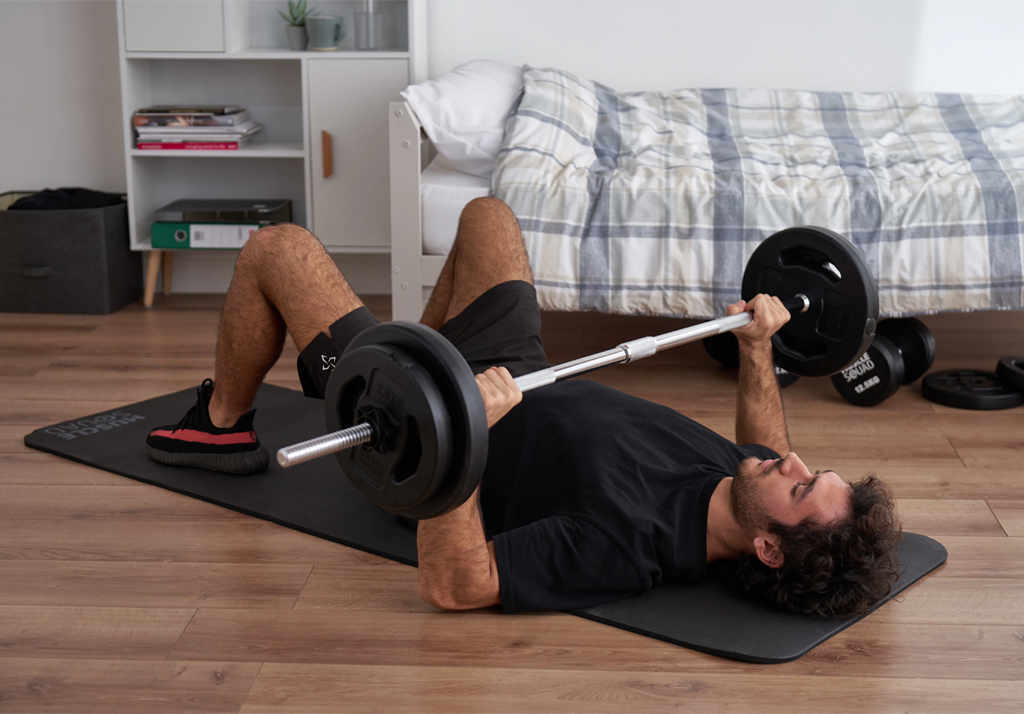
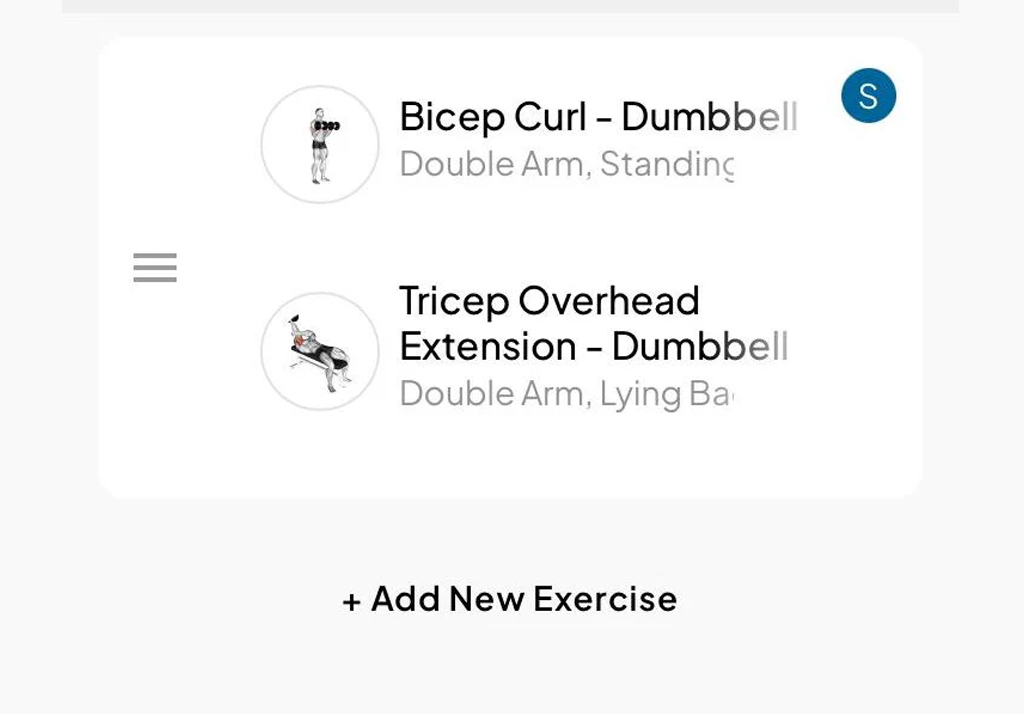
1 comment
May 30, 2023 • Posted by Malick
I also agree with you cause it’s a fact that “Weightlifting is a popular form of exercise that has many health benefits, including increased strength, improved bone density, and a reduced risk of chronic disease. However, there are several myths surrounding weightlifting that can discourage people from trying it or cause them to use incorrect techniques.” Interested people can search here for the best quality fitness-related products. https://www.maskura.co.uk/collections/fitness
Leave a comment: